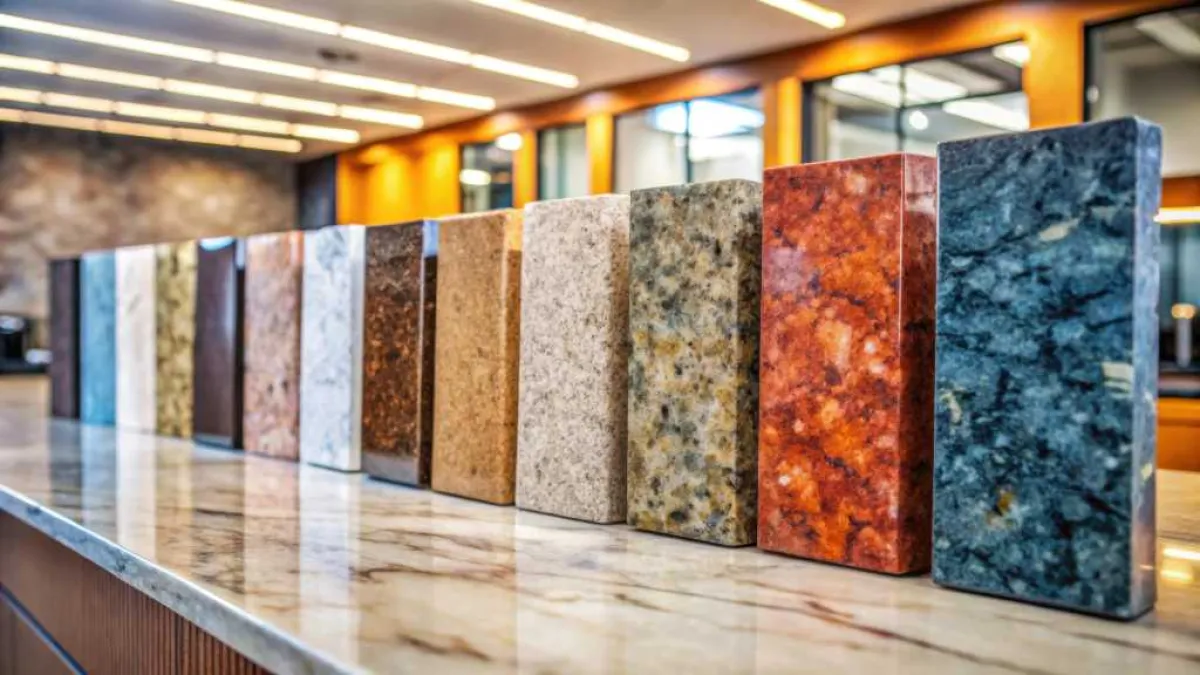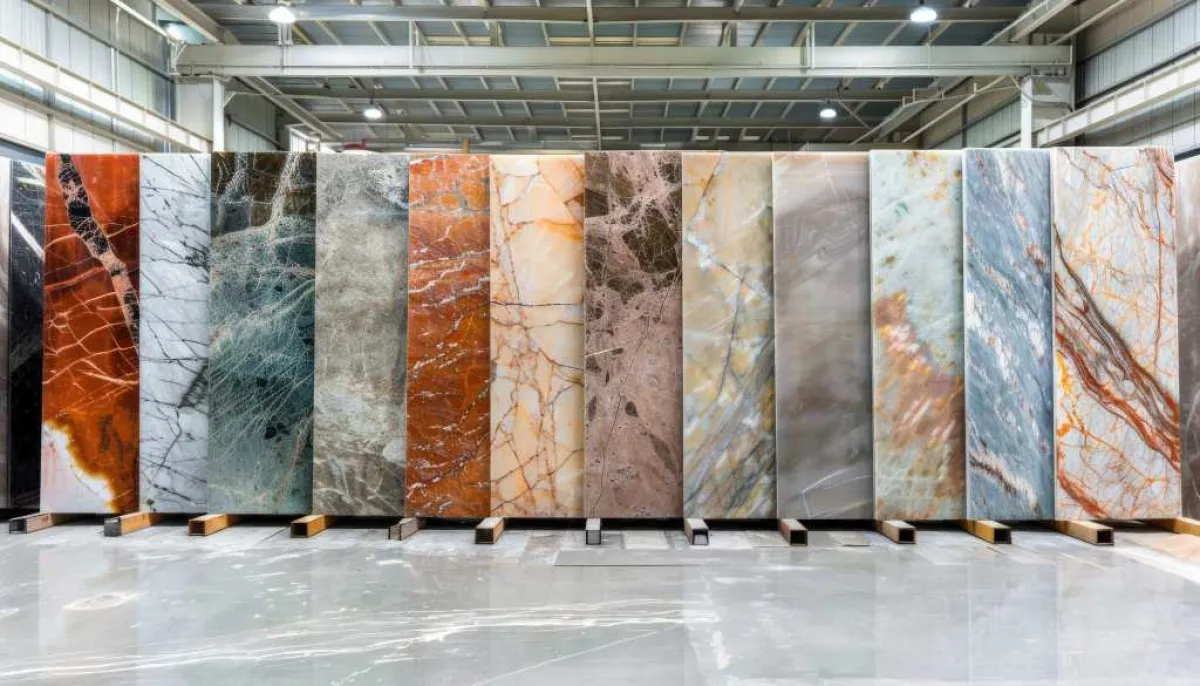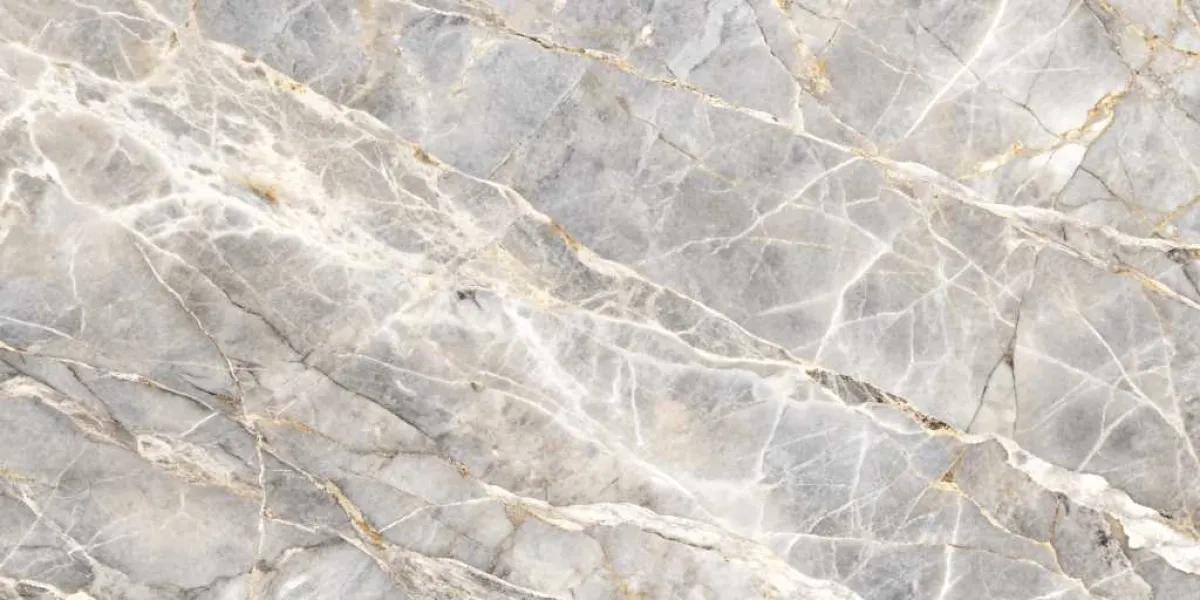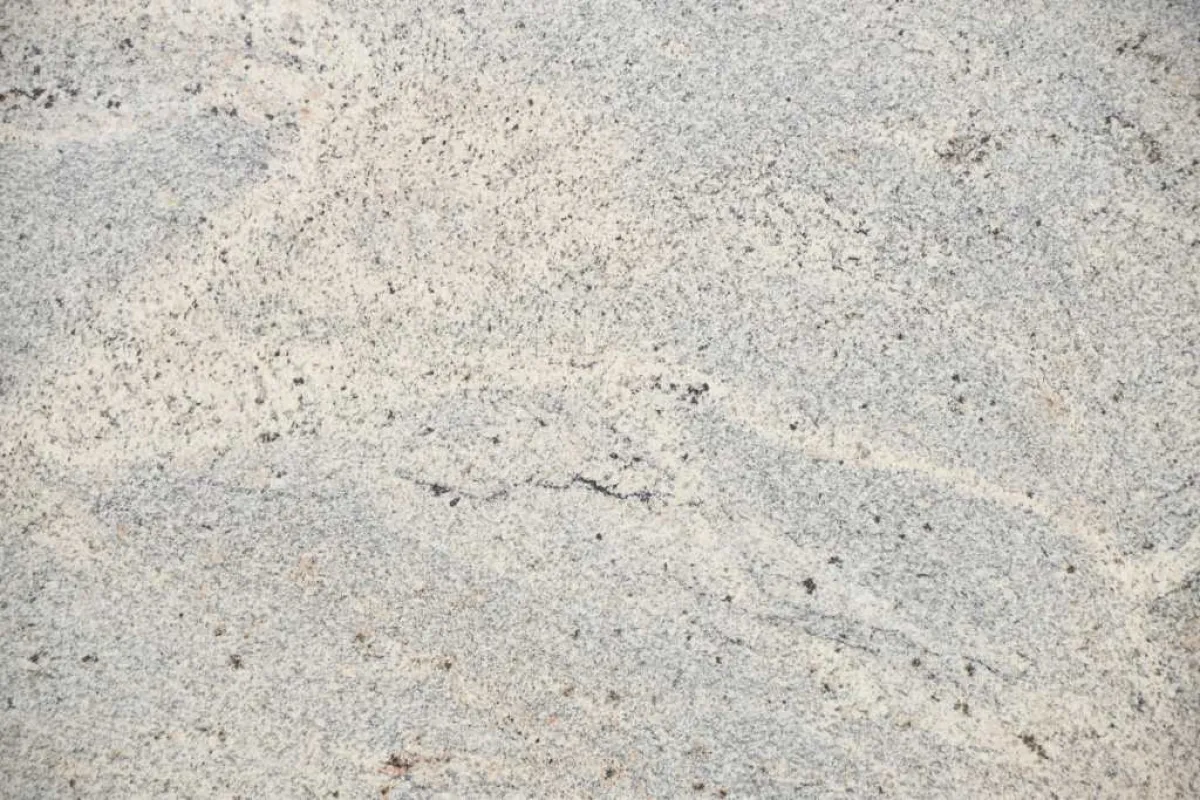- Log in to post comments
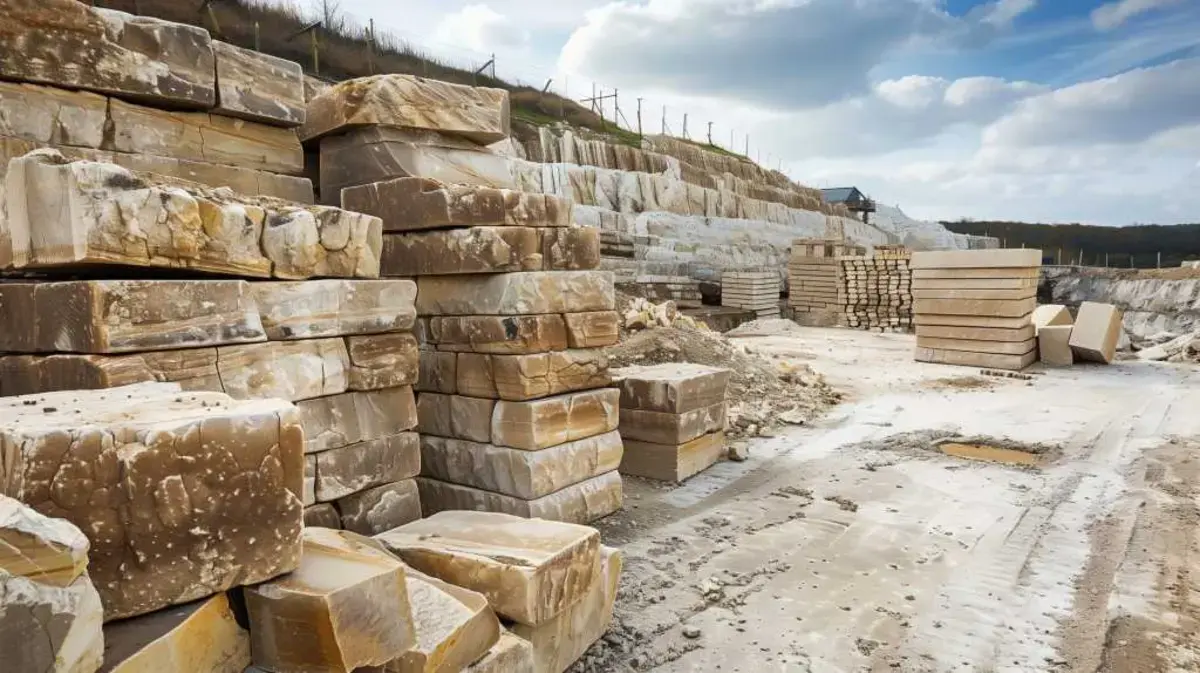
Natural stone worktops, such as granite, marble, quartzite, and soapstone, are highly desirable in kitchen design for their durability, unique aesthetic, and luxurious feel. But when it comes to sustainability, how do these materials compare? This article explores the eco-friendliness and performance differences of various natural stone options to help you make an informed, sustainable choice.
The Environmental Positives of Natural Stone Worktops
- Durability and Longevity Natural stone is one of the most durable materials for countertops, able to last for decades with proper care. Its durability reduces the need for replacement, lowering its environmental impact over time.
- Natural and Non-Toxic Material Being a natural resource, stone contains no synthetic chemicals or additives, making it a safe, non-toxic choice. Natural stones like granite and marble are free from volatile organic compounds (VOCs), which can contribute to indoor air pollution.
- Minimal Processing and Manufacturing Impact Compared to engineered materials, natural stone often requires minimal processing, which generally involves cutting and polishing rather than manufacturing from scratch. This results in a lower energy footprint, particularly for stones sourced and finished with eco-friendly methods.
- Recyclability Natural stone can be repurposed for other projects, such as landscaping or construction, giving it a second life and reducing waste.
The Environmental Downsides of Natural Stone Worktops
- Energy-Intensive Quarrying Extracting natural stone involves quarrying, which can be energy-intensive and disruptive to local ecosystems. Sustainable quarrying practices are improving, but the extraction process remains a key environmental factor.
- Transportation Emissions Stones like Brazilian quartzite or Indian granite are often imported, leading to high transportation emissions. Sourcing locally reduces this footprint.
- Maintenance Requirements Some stones, particularly marble and granite, require regular sealing to prevent staining. However, low-VOC, water-based sealants can help reduce the environmental impact of this maintenance.
- Non-Renewable Resource Though abundant, natural stone is non-renewable, and quarrying depletes these resources. Choosing stones from sustainable sources can help mitigate this impact.
Performance Differences Among Natural Stone Types
Each type of natural stone offers unique performance characteristics, making them suitable for different kitchen needs:
Granite
Strength and Durability: Granite is highly durable, scratch-resistant, and resistant to heat, making it ideal for high-traffic kitchens.
Maintenance: It requires regular sealing to maintain stain resistance.
Aesthetic: Available in a wide range of colors and patterns, granite often features beautiful veining and speckling.
Marble
Aesthetic Appeal: Known for its elegance, marble features unique veining and a soft, smooth finish. It’s popular for luxury kitchens.
Durability: Marble is softer than granite, making it more susceptible to scratches and chips.
Maintenance: Requires more frequent sealing and is sensitive to acidic spills, which can cause etching.
Quartzite
Hardness: Quartzite is extremely hard and more scratch-resistant than granite, making it one of the most durable natural stones.
Heat and UV Resistance: It’s highly resistant to heat and won’t fade with UV exposure, making it ideal for both indoor and outdoor kitchens.
Maintenance: Requires periodic sealing but is less porous than granite, so it’s relatively low-maintenance.
Soapstone
- Soft Texture: Soapstone is softer than other stones, making it prone to scratches. However, scratches can be sanded out or become part of its “aged” patina.
- Chemical Resistance: It’s non-porous and naturally resistant to acids, so it doesn’t require sealing.
- Aesthetic: Darkens with age, which can be a desirable quality for a rustic or vintage look.
Conclusion: Choosing the Right Natural Stone for a Sustainable Kitchen
Natural stone worktops offer a mix of benefits and considerations. For homeowners who prioritize both sustainability and durability, natural stone can be an excellent choice if sourced responsibly and maintained properly. Here are some tips to enhance the eco-friendliness of your stone selection:
- Choose Local: Opt for local stones to reduce the environmental impact of transportation.
- Seek Certified Sustainable Sources: Look for certifications or work with suppliers committed to environmentally friendly quarrying practices.
- Use Eco-Friendly Sealants: For stones requiring sealing, choose water-based, low-VOC sealants.
In summary, natural stone can be a sustainable and high-performance option if chosen thoughtfully. While its extraction and transportation impact must be considered, the durability, recyclability, and aesthetic appeal of stone make it a timeless choice for sustainable, long-lasting kitchens.

